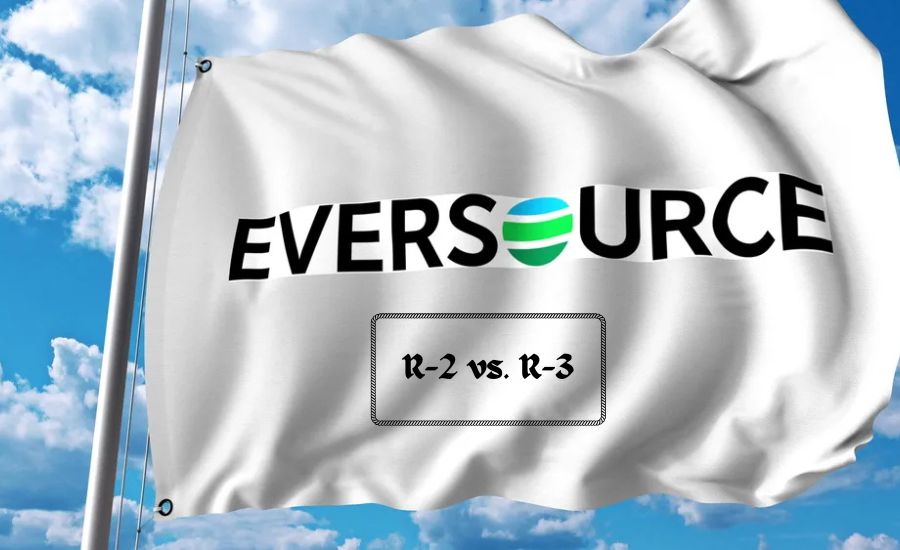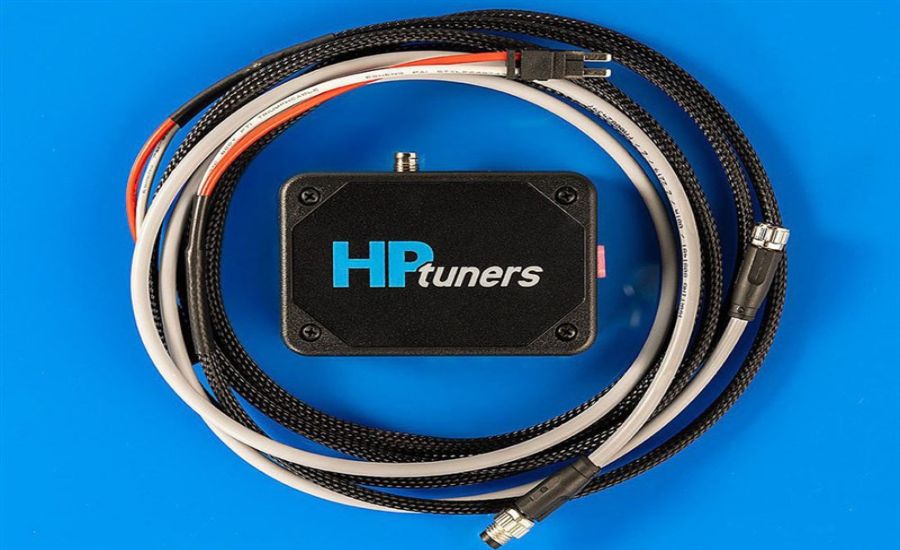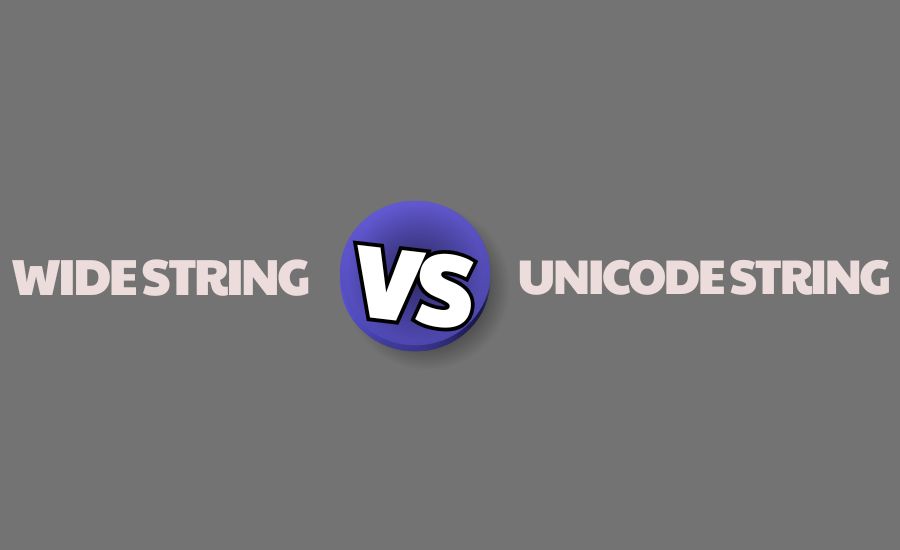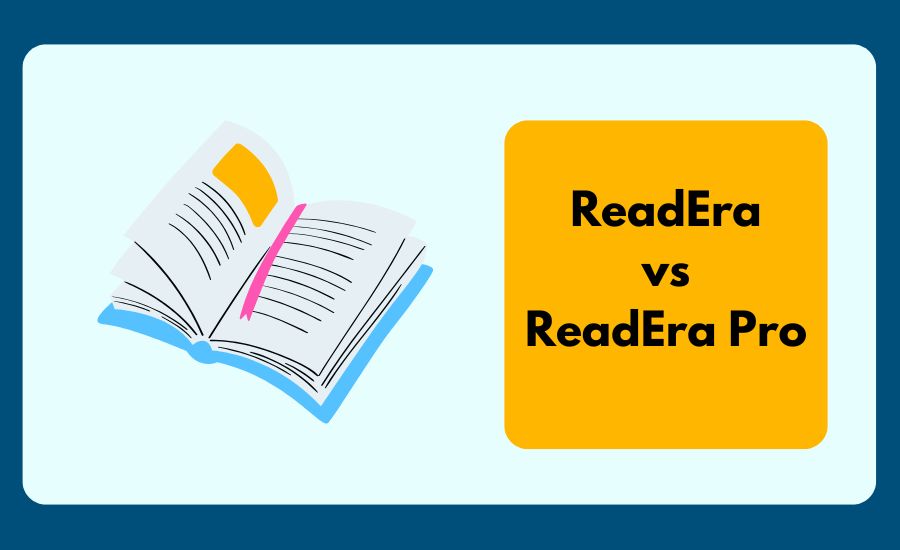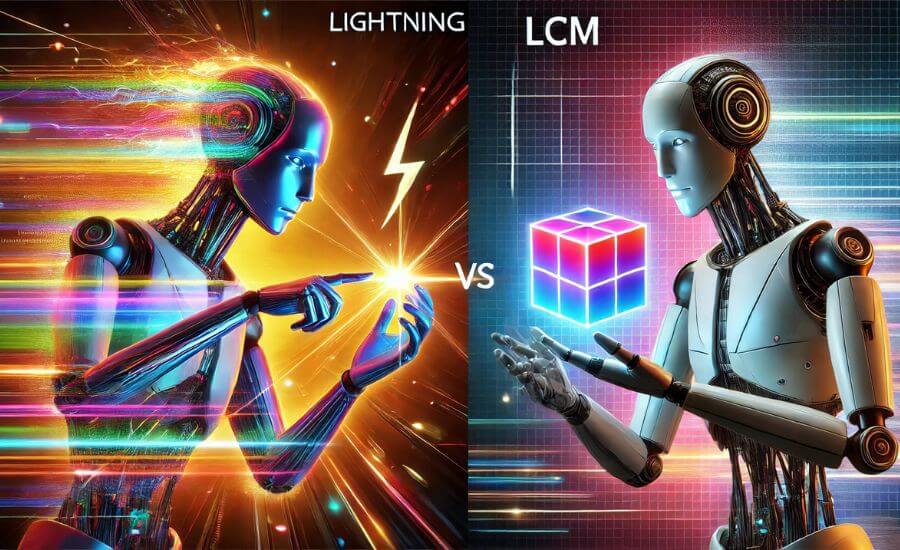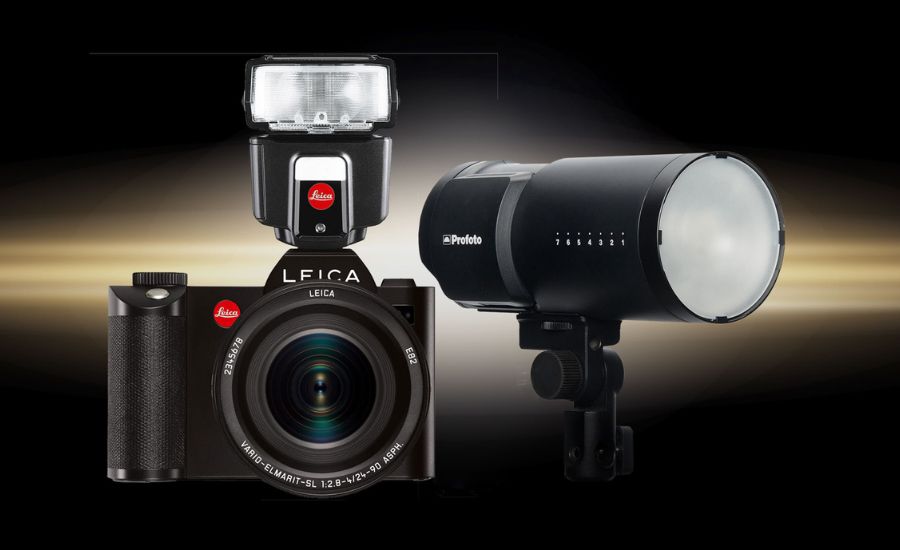
If you’re an F1 camera user or an enthusiast of vintage Nikon cameras, you’ve likely come across the terms Flash Coupler D and Flash Coupler L. These accessories are essential for attaching external flash units to Nikon F1 cameras. While they may seem similar, there are critical differences you should know to pick the right one. This guide will break down these differences, their uses, and why they matter.
What Is a Flash Coupler?
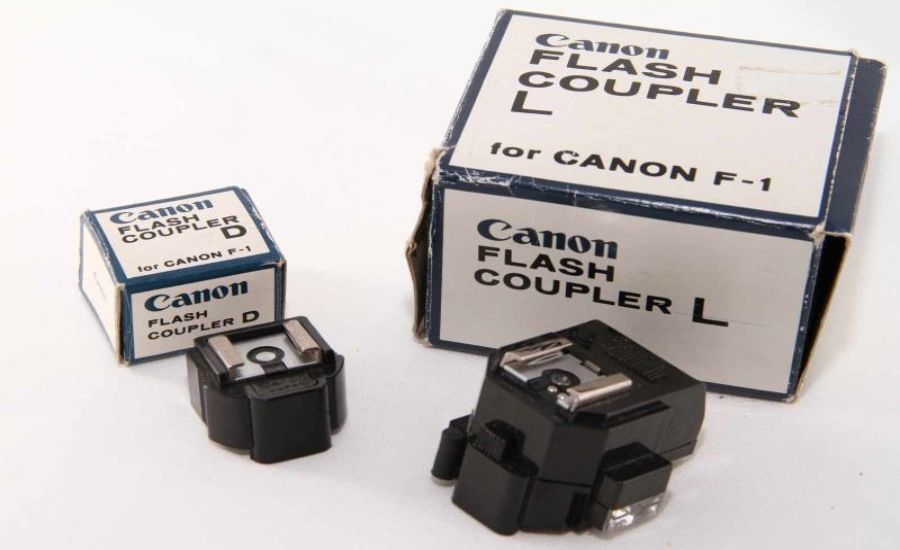
A flash coupler is an accessory that allows you to mount and synchronize external flash units with your camera. For Nikon F1 cameras, these couplers were designed to ensure the flash connects seamlessly, enhancing your photography experience.
Flash Coupler D: What You Need to Know
The Flash Coupler D is the earlier model designed for Nikon F1 cameras and other early Nikon systems. Here are its key features:
- Purpose: It enables manual flash synchronization for older Nikon flashes.
- Design: The coupler connects to the camera via the accessory shoe, typically located on the top.
- Compatibility: It works best with vintage flash units that rely on manual settings.
- Limitations: This coupler does not support advanced features like TTL (Through-The-Lens) flash metering or automation.
The Flash Coupler D is ideal for photographers who prefer full manual control and enjoy using period-correct accessories with their Nikon F1 cameras.
Flash Coupler L: How Is It Different?
The Flash Coupler L was introduced later, offering some updates over its predecessor. Here’s what sets it apart:
- Purpose: Like the D model, it connects external flashes to Nikon F1 cameras but with improved compatibility.
- Design Enhancements: The L model often features slight adjustments to fit newer flash units or cameras more securely.
- Compatibility: It can accommodate a broader range of flash models, making it more versatile than the D coupler.
- Functionality: While it doesn’t include advanced modern flash features, its design improvements make it more user-friendly.
For photographers who want flexibility in choosing flash units, the Flash Coupler L is a great choice.
Key Differences: Flash Coupler D vs. L
| Feature | Flash Coupler D | Flash Coupler L |
| Release | Original model for Nikon F1. | Updated design for newer flashes. |
| Design | Basic design for vintage flashes. | Enhanced design for broader use. |
| Compatibility | Limited to older flash units. | Works with older and some newer units. |
| Best For | Manual control and vintage setups. | Versatility and ease of use. |
Which Flash Coupler Is Right for You?
The choice between Flash Coupler D and L depends on your needs:
- Go for Flash Coupler D if:
- You use vintage Nikon flashes.
- You prefer manual settings.
- You want a historically accurate setup.
- Choose Flash Coupler L if:
- You need flexibility with flash options.
- You prefer a slightly updated design.
- You use flashes beyond Nikon’s vintage models.
Both couplers have their strengths, so understanding your specific photography requirements will guide your decision.
Tips for Using Flash Couplers on F1 Cameras
- Check Compatibility: Ensure your flash unit matches the coupler’s design and sync requirements.
- Inspect the Connection: Secure the coupler to avoid disconnections during shoots.
- Experiment with Settings: Use manual or automatic settings to find the best lighting for your photos.
- Handle with Care: Vintage accessories can be fragile; store them properly to avoid damage.
Conclusion
The Flash Coupler D and Flash Coupler L are valuable tools for Nikon F1 camera users. While the D model is perfect for vintage enthusiasts, the L model offers greater flexibility. Knowing their differences ensures you make the right choice for your photography style.
Whether you’re shooting with classic equipment or exploring newer flashes, these couplers enhance your creative possibilities. Choose the one that fits your needs and start capturing stunning shots with your Nikon F1.
FAQs
A flash coupler connects an external flash unit to your camera, ensuring synchronization and proper lighting during photography.
Yes, the Flash Coupler L is compatible with older flashes but is more versatile and supports some newer models as well.
Flash Coupler D is no longer in production, but you can often find it through vintage camera shops or online marketplaces.
No, both Flash Coupler D and L do not support TTL metering. They are designed for manual flash synchronization.
You can check platforms like eBay, vintage photography stores, or websites specializing in classic Nikon accessories.








